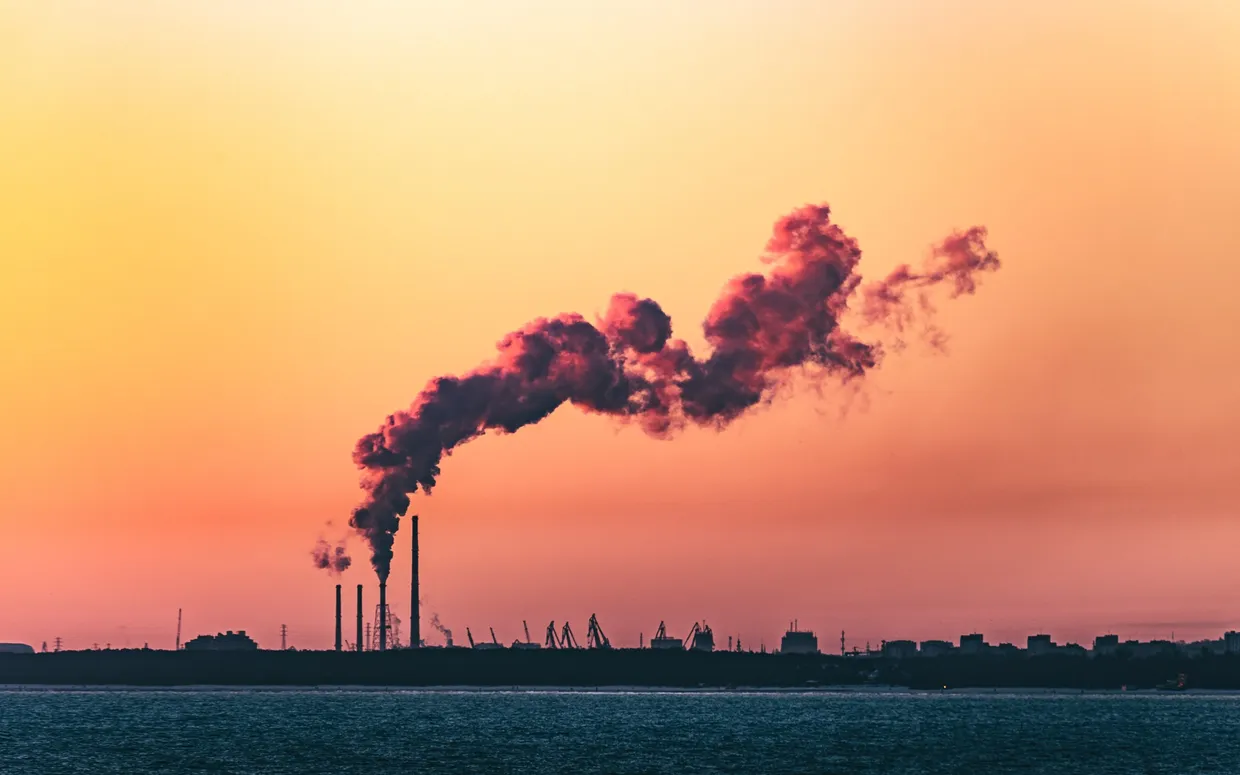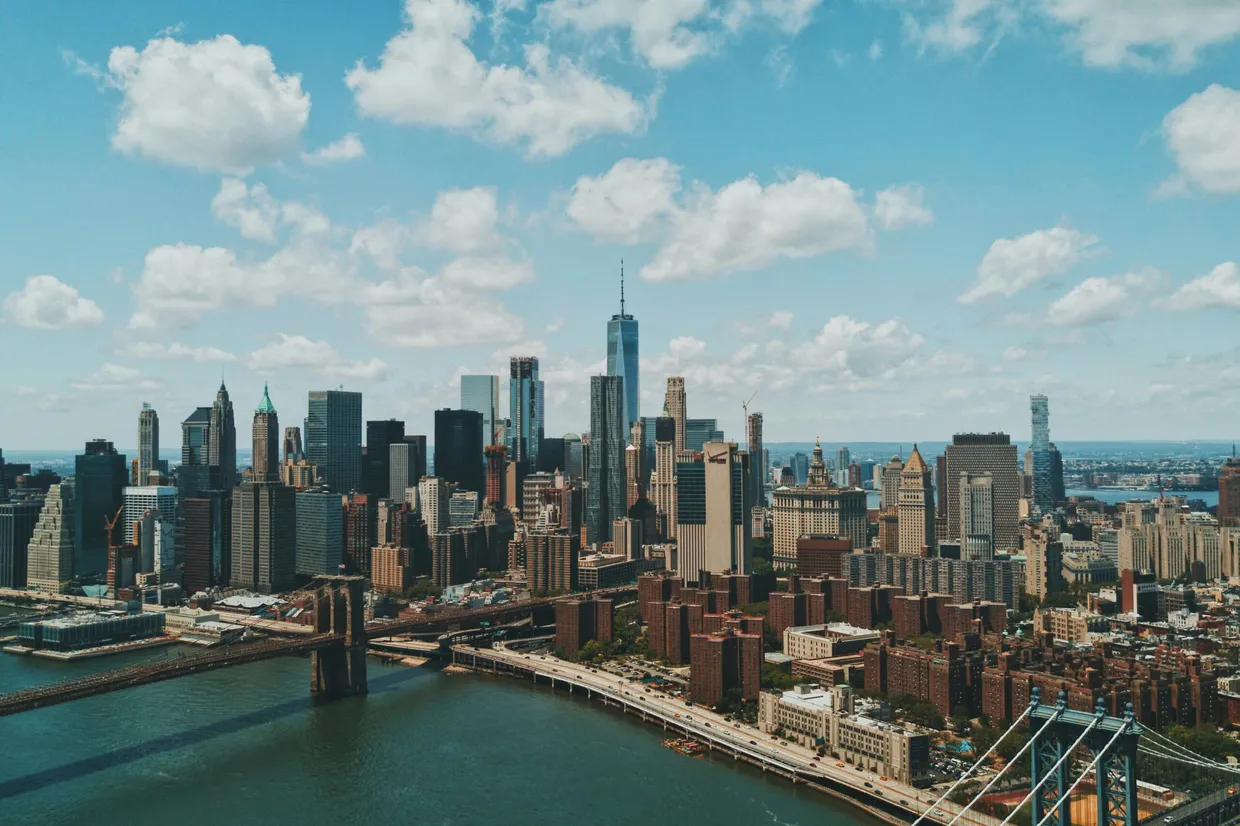The rising number of climate action globally have also brought a number of litigation cases against governments and companies. Should they be worried?
The past year has seen more and more climate action across the globe. And a number of key climate litigation cases are already underway in 2023, with hearings and judgments that'll give victims a voice, forcing uncooperative governments and companies into action.
All this shows that both States and private firms will increasingly need to consider their climate-related legal risks.
Climate litigation refers to the use of legal action to hold individuals, companies, and governments accountable for their contribution to climate change. This can include lawsuits brought by individuals, communities, or organizations that have been impacted by environmental changes, such as rising sea levels, extreme weather events, or air pollution. Climate litigation can be used to seek damages, enforce regulations, or force action on climate change.
Governments are under pressure across the globe
Since 2015, the Paris Agreement has provided new legal ammunition, as domestic courts are being asked to interpret what the treaty obliges individual countries to do. As described in this great article from Isabella Kaminski in the Guardian, a lot of legal actions have already been started across the globe.
🇺🇸 In the US, a group of children and young people between the ages of five and 21 went to trial against the state of Montana. Over two weeks in June 2023, they will argue that the US state is failing to protect their constitutional rights, including the right to a healthy and clean environment, by supporting an energy system driven by fossil fuels.
“Never before has a climate change trial of this magnitude happened,” says Andrea Rodgers, senior litigation attorney with Our Children’s Trust, which is behind the case. “The court will be deciding the constitutionality of an energy policy that promotes fossil fuels, as well as a state law that allows agencies to ignore the impacts of climate change in their decision-making. She said the trial would be watched around the world and “is set to influence the trajectory of climate change litigation going forward”.
🇨🇦 In Canada, seven young people, led by a 15-year-old Sophia Mathur, made history last autumn when they challenged the Ontario government's rollback of its 2030 greenhouse gas emissions reduction target.
🇲🇽 In Mexico, young people have led several important court cases challenging the slow pace of the country’s clean energy system. The Supreme Court is due to decide whether they're allowed to seek justice in at least one case.
🇦🇺 In Australia, Torres Strait islanders communities have filed a class action, arguing Australia must cut emissions by 74% by 2030 to save the islands from sea level incursion and inhabitability.
🇫🇷 In France, the Court ruled that the government must do more to cut emissions, known as “The Case of the Century” or “L’affaire du siècle”. In a judgment of 14 October 2021, the Paris Administrative Court ordered the state to repair the consequences of its failure to combat climate change.
The private sector will also bear corporate responsibility for climate change
It’s not only governments in the firing line. A new wave of legal actions has begun, holding executives personally responsible for climate change. It’s supported by NGOs, environmental shareholders, and customers.
Under the new climate reporting rules proposed by the SEC or the CSRD, companies and their executives will be accountable for providing accurate and reliable reporting of climate-related governance, risk management, transition, and carbon targets – in the same way they do for financial disclosures.
-
The Shell Jurisprudence
Shell lost a landmark climate case in the Netherlands, where it was ordered by a court to reduce its emissions by 45% by 2030 compared with 2019 levels. ClientEarth, a Shell shareholder, has claimed that Shell’s board of directors bear personal responsibility for not preparing to cut emissions fast enough.
-
The Lliuya case in Peru and the global impact of climate change
This is a high-stakes lawsuit brought by a Peruvian farmer, Saúl Luciano Lliuya, against RWE, Germany’s largest utility company. Since the emissions produced by RWE globally over its 124-year history contributed to the warming that's shrinking the glacier, the farmer argues, the company should help pay for defenses to protect Huaraz, his hometown. The tricky point is that RWE has never had any operations in Peru! But it is one of Europe’s 10 biggest polluters, accounting for 0.47% of the cumulative global industrial emissions of carbon and methane between 1751 and 2010 — the effects of which do not respect national borders.
If RWE is ordered to pay for its 0.47% contribution (around €20K) to climate change, this case could unleash an avalanche of compensation claims against heavy emitters.
-
Airlines and Carbon Offsets to be "CO2Zero"
Having received a pre-action letter only a month ago, KLM Royal Dutch Airlines has now been officially sued for its alleged greenwashing. This is the first climate lawsuit against an airline, which is highly transferable to other jurisdictions in Europe, given that it's based on the EU Unfair Commercial Practices Directive.
-
Climate Finance and Development Bank
In Brazil, the court has been brought against Brazil’s national development bank (BNDES). The Brazilian NGO Conectas Direitos Humanos wants it to develop a GHG emissions reduction plan to guide their investments. It is the first case of its kind against a development bank anywhere in the world and could have significant repercussions for wider climate finance.
-
“Devoir de Vigilance” or Duty of Vigilance
In France, a couple of lawsuits have emerged under a novel “duty of vigilance” law.
-
One has been filed to try to block TotalEnergies’ controversial East African Crude Oil Pipeline (EACOP). A hearing was held in December and there could be a ruling this year.
-
Another case is against BNP Paribas. NGOs accuse the bank of not applying the law in the area of climate change, by continuing to finance oil and gas projects. They've set an ultimatum for the banking group. It has three months to "comply with the law." If it fails to do so, the associations will refer the matter to the Paris court. This would be the first climate litigation in the world involving a commercial bank.
The "devoir de vigilance” or “duty of vigilance" is a concept in French law that requires companies to monitor their activities and those of their subcontractors to prevent human rights and environmental abuses. This means companies must identify potential risks and take steps to prevent or manage them. The duty of vigilance was introduced in France by the 2017 Vigilance Law.
🚨 One way or another, we're definitely seeing a paradigm shift in how society views public and corporate responsibility for climate change.
Photo credits: Bloomberg




